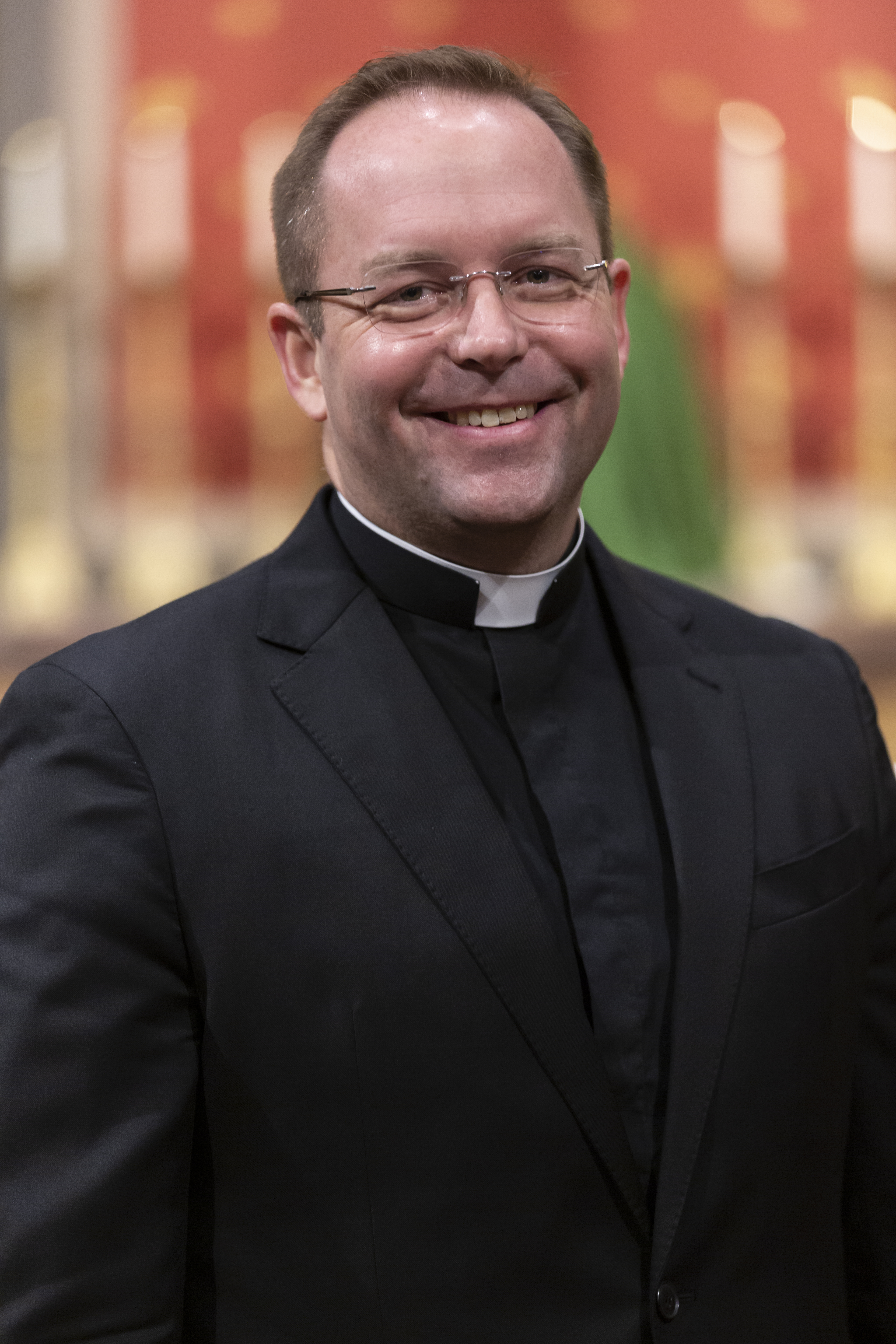
“Again he said, “To what shall I compare the kingdom of God?” (Luke 13:20).
Dear Friends,
Jesus uses many images throughout the Gospels to exhort or solicit understanding. As a master teacher, it is perhaps the most effective means of moving both the mind and heart into a new relationship with Him. While essays and treatises have their place in our education, we often imagine something before we develop clear ideas. Moreover, when Jesus speaks of the kingdom of God or loving our neighbor, he does not start with the negative – what it’s not or what not to do. He regularly gives a positive picture or engaging parable of what is possible.
The need for a positive imagination in our Christian life was emphasized with my Old Testament professor, Fr. Goswin Habets. When introducing the Ten Commandments he would explain that each commandment is not simply a negative imperative. Each commandment is meant to be read with the repetition of who God is and what God has done: “I am the Lord your God, who brought you out of the land of Egypt, out of the house of slavery…” (Ex 20:2). As a consequence of who God is and what God had done, he would gleefully assert that it is “inconceivable” to have strange gods or kill or steal. The positive reality of who God is and what God is doing defines the relationship and becomes The WAY – the first name for early Christians in Antioch.
“Being Christian is not the result of an ethical choice or a lofty idea, but the encounter with an event, a person, which gives life a new horizon and a decisive direction” (Deus Caritas Est, no. 1, Pope Benedict XVI).
If our formation primarily rests upon what to avoid, what not to do, or how to resist elements of life, then we would largely be building upon a void and a life ruled by negatives. To put it in spiritual terms, many folks try to live asceticism without a vibrant mysticism. The ordinary mystic is repeatedly able to articulate how their encounter with the living God has set them on a “new horizon and decisive direction.” A healthy, sacramental mysticism allows us to live more deeply in our daily reality. Celibacy, governance, scholarship, discernment – if they lack a sense of God leading with consoling love, then we miss what Christians of apostolic times so cherished: “…what we have seen and heard we proclaim now to you, so that you too may have fellowship with us…” (1 John 1:3).
Life and formation at Kenrick-Glennon Seminary is meant to be a celebration of our fellowship of “what was from the beginning – the Word of life made visible” (1 John 1:1). We’re glad you’re here!
In Christ,
Fr. Paul Hoesing
President-Rector
Kenrick-Glennon Seminary




